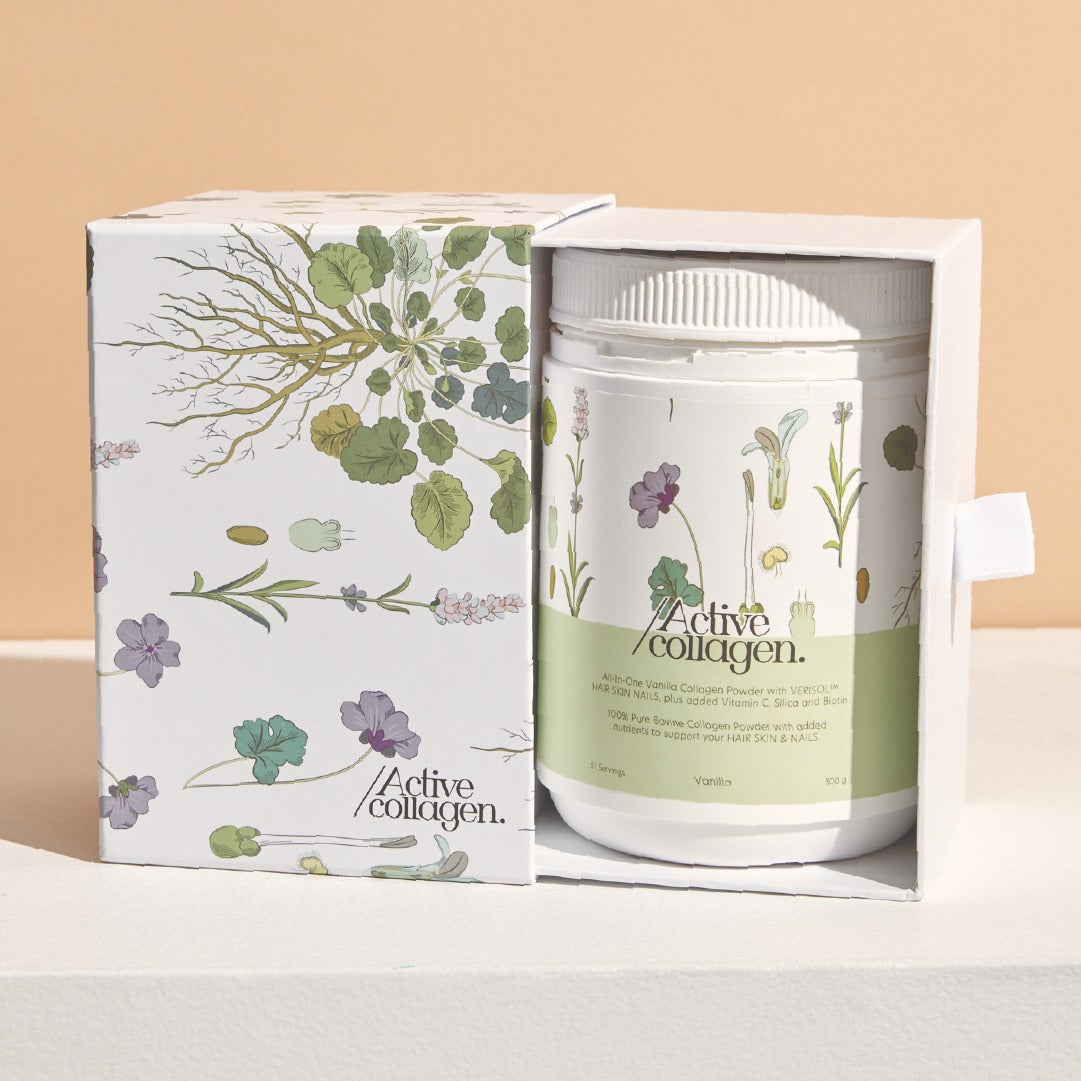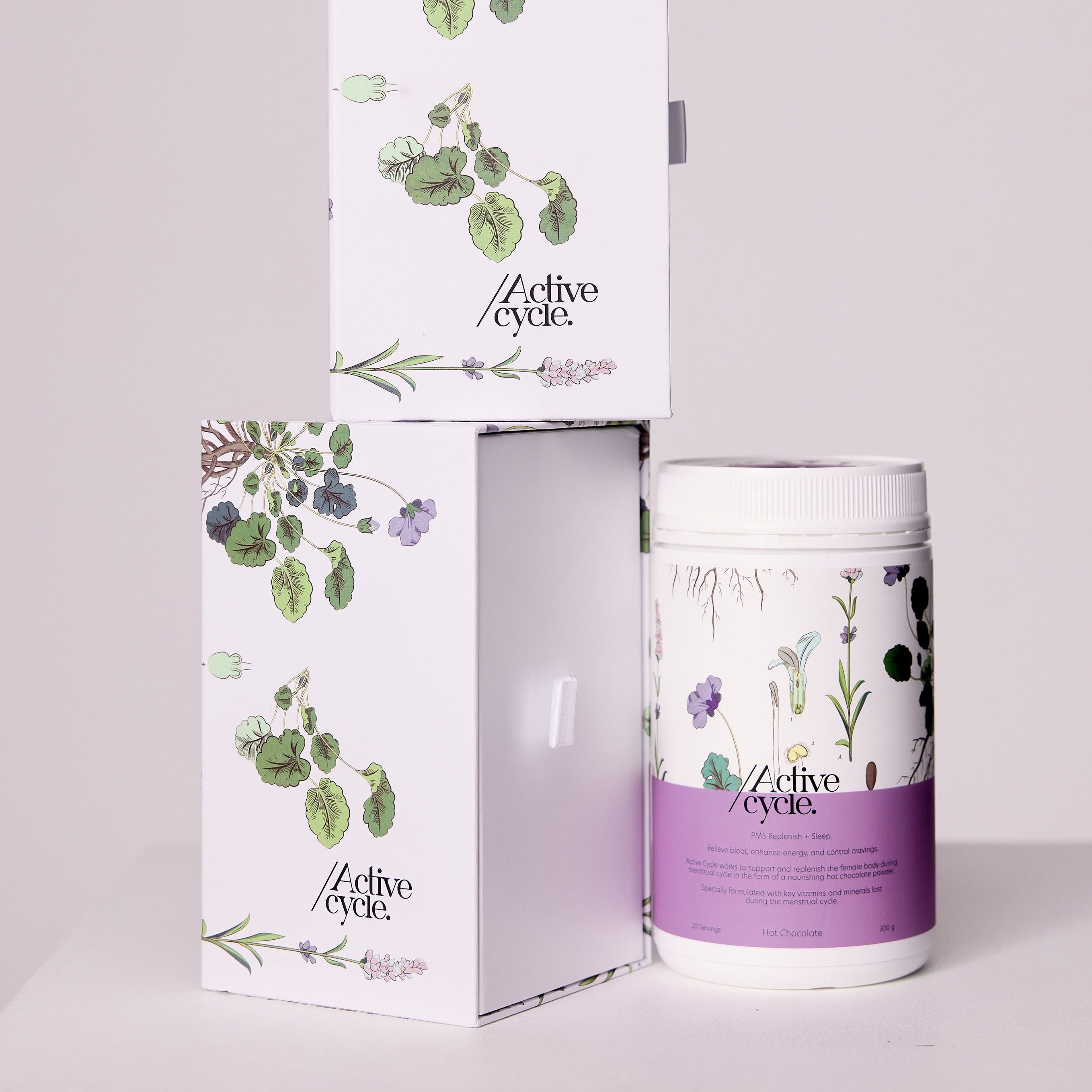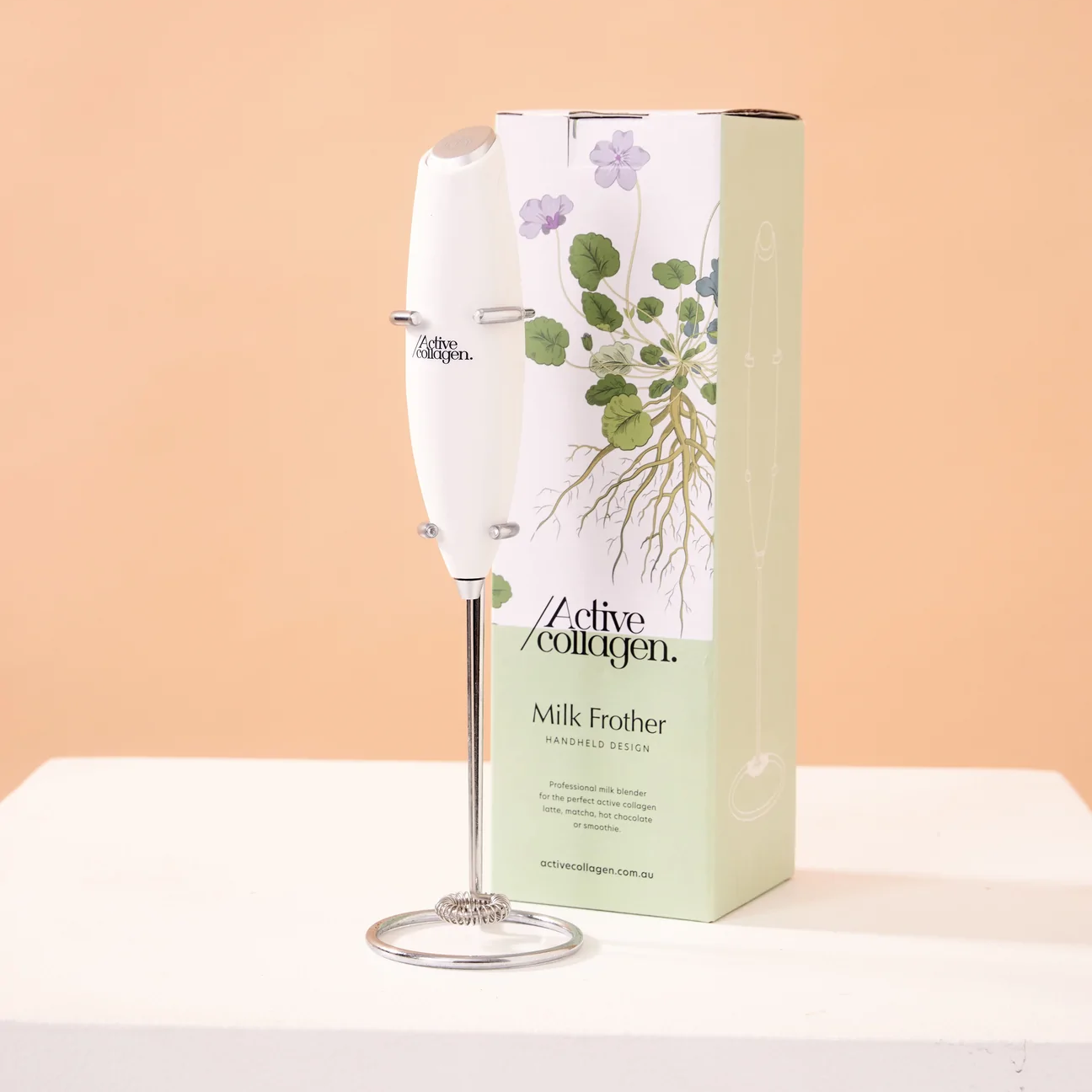Living a long and healthy life is what most wish to attain to. Predicting long term health is near impossible, with the certain unbridled curveballs that can be thrown at us at really any given time. Although, the less daunting fact to know is that living a long and healthy life can be assisted through specific dietary and lifestyle changes.
Interestingly, the life expectancy of women is longer than men, globally, by around 4.5 years. General differences in life expectancies are due to factors such as biological, social, gender roles and undertaking higher risk behaviours – smoking, violence, delaying seeking help.
The concept of the Blue Zones is also a denominator in longevity according to science. Blue Zones are the discovered 5 places in the world where people are consistently living past 100 years – centenarians. These are Sardinia (Italy), Okinawa (Japan), Ikaria (Greece), Nicoya (Costa Rica), and Loma Linda (USA). However, it seems that genes only account for 20% of life expectancy, the other 80% coming down to lifestyle which these 5 places have down-pat.
Though, of course, not everyone can lead a life of the Blue Zones but there are certain actions you can take to better your overall health and perhaps even increase the likelihood of living well into your 90s.
What the Blue Zones Are Doing Differently
Dan Buettner, author and educator on the Blue Zones, discovered 9 characteristics of these 5 places that each have in common. These are evidenced-based findings that are believed to put the brakes on aging leading to longevity, and what Buettner calls the Power 9.
Move Naturally: It is only relatively recent that humans have adopted joining gyms and running marathons as a means of exercise. But living in an environment that allows us to move naturally like gardening, growing food, preparing meals and yard work are all beneficial to our health.
Having a Purpose: Do you know your sense of purpose? Knowing why you get up in the morning or Ikigai in Okinawa is said to add up to 7 years to your life!
Downshift: Unfortunately, we can’t talk about longevity without considering stress. Chronic stress is a factor in developing chronic disease, but stress is also an inevitable factor of life. People of the Blue Zones downshift this stress through daily routines such as napping, praying or even happy hour, which we can’t argue with.
The 80% Rule: Essentially, this rule means eating until you’re 80% full which is said to be just enough for energy or weight balance. The smallest and last meal of the day is also often eaten in the early evening well before bed which can increase sleep hygiene.
Plant Rich Diet: Most diets of Blue Zones are centred around plants such as legumes, wholegrains, fruits and vegetables, and meat is eaten every so often in moderate amounts.
Drink Wine: Funnily enough alcohol is consumed moderately and regularly. 1-2 glasses of, preferably, wine per day in a social setting or with a meal is normal and binge drinking weekends are non-existent.
Belong: Having a sense of belonging to a community that you regularly interact with whether that’s faith-based, spiritual or may even be your personal hobby is advantageous in increasing life expectancy.
Loved Ones: Family in the Blue Zones comes first, and loneliness is few and far between. Being in close proximity to family and investing time, love and energy into one another actually increases peoples’ tendencies to care for their elders later down the track.
Finding Your Tribe: When we develop connections with the right people this can have great influence on our own health behaviours. Research has shown that certain behaviours are contagious and can either benefit you, such as immersing yourself amongst happy people, or send you down an unhealthy path, such as smoking.
Specific Nutrients for Longevity
Essential Fatty Acids
These include your omega-3s which are a kind of polyunsaturated fat. Omega-3s are beneficial for brain and joint health, although have shown a serious benefit in preventing cardiovascular disease risk through cholesterol lowering and anti-inflammatory functions. Cardiovascular diseases like arteriosclerosis and complications such as heart attacks are a global rising concern impacting longevity, which can be put down to diet. Boost your omega-3 intake from adding oily fish such as salmon or mackerel and through plant sources such as chia seeds and walnuts to support heart health.
Turmeric
A spice that has been used for centuries in culinary and medicinal purposes has also shown signs of benefitting healthy aging. Curcumin - a polyphenol in turmeric - acts as an antioxidant and anti-inflammatory, both decreasing the level of damaging free radicals in the body which contribute significantly to aging cells. These therapeutic impacts of turmeric are seen in populations such as India where high amounts of turmeric are consumed with lower rates of neurogenerative disease.
Resveratrol
This powerful antioxidant has been studied extensively for its anti-aging effects. Like curcumin, resveratrol has the ability to maintain free radical balance in the body which is important for slowing the aging process. It also has a fascinating effect on DNA where it activates certain genes – SIRT1 & SIRT2 – to produce proteins that preserve the longevity of our DNA. You can find resveratrol present in foods such as grapes (yes to red wine!), cacao, berries, tomatoes and peanuts.
Collagen
Collagen is the body’s glue; it is a protein that is abundant in most connective tissues and forms structure. Our skin is usually one of the first physical signs of aging and collagen makes up a great deal of our skin. When we age, collagen levels decline by about 1% per year, which gives rise to signs of aging such as wrinkles, dry and thin skin. The good news is that you can support collagen synthesis through the addition of collagen in your diet. Using a collagen supplement daily, like Active Collagen All-In-One, provides your body with the necessary amino acids and minerals needed to synthesise collagen and replenish levels. Longevity here we come!
Rattan, S. I. S., & Kaur, G. (2022). Nutrition, Food and Diet in Health and Longevity: We Eat What We Are. Nutrients, 14(24), 5376. https://doi.org/10.3390/nu14245376
Baum, F., Musolino, C., Gesesew, H. A., & Popay, J. (2021). New Perspective on Why Women Live Longer Than Men: An Exploration of Power, Gender, Social Determinants, and Capitals. International journal of environmental research and public health, 18(2), 661. https://doi.org/10.3390/ijerph18020661
Buettner, D., & Skemp, S. (2016). Blue Zones: Lessons From the World's Longest Lived. American journal of lifestyle medicine, 10(5), 318–321. https://doi.org/10.1177/1559827616637066
Chung, N., Bin, Y. S., Cistulli, P. A., & Chow, C. M. (2020). Does the Proximity of Meals to Bedtime Influence the Sleep of Young Adults? A Cross-Sectional Survey of University Students. International journal of environmental research and public health, 17(8), 2677. https://doi.org/10.3390/ijerph17082677
Zhu, Y., Ferrara, A., & Forman, M. R. (2018). Omega 3 polyunsaturated fatty acids and healthy ageing. BMJ (Clinical research ed.), 363, k4263. https://doi.org/10.1136/bmj.k4263
Zia, A., Farkhondeh, T., Pourbagher-Shahri, A. M., & Samarghandian, S. (2021). The role of curcumin in aging and senescence: Molecular mechanisms. Biomedicine & pharmacotherapy = Biomedecine & pharmacotherapie, 134, 111119. https://doi.org/10.1016/j.biopha.2020.111119
Pyo, I. S., Yun, S., Yoon, Y. E., Choi, J. W., & Lee, S. J. (2020). Mechanisms of Aging and the Preventive Effects of Resveratrol on Age-Related Diseases. Molecules (Basel, Switzerland), 25(20), 4649. https://doi.org/10.3390/molecules25204649
Al-Atif H. (2022). Collagen Supplements for Aging and Wrinkles: A Paradigm Shift in the Fields of Dermatology and Cosmetics. Dermatology practical & conceptual, 12(1), e2022018. https://doi.org/10.5826/dpc.1201a18




